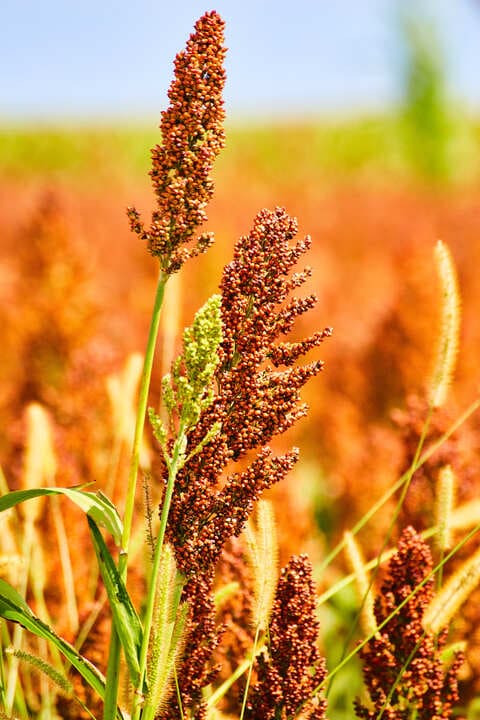Gopal, a 35-year-old IT professional from Bangalore, switched to a healthier diet by incorporating millet into his meals. After a few weeks, he noticed that he was experiencing constipation and bloating. Confused and frustrated, Gopal wondered if his new millet-rich diet was the culprit behind his digestive woes.
Millets have gained significant attention recently due to their nutritional value and potential health benefits. However, some people, like Gopal, may experience digestive issues such as constipation when consuming millet. To understand the relationship between millets and digestive health, let’s examine this topic further.
Millets are a group of small-seeded grains that have been a staple in Indian diets for centuries. They are rich in dietary fibre, protein, minerals, and vitamins, making them an excellent addition to a balanced diet. However, the high fibre content in millet can be both a blessing and a curse for some individuals.
Studies have shown that a fibre-rich diet can help prevent constipation by promoting regular bowel movements. A 2019 study published in the Journal of Functional Foods found that a millet-based diet improved gut health and reduced inflammation in mice. However, for some people, especially those with sensitive digestive systems or underlying gut issues, the high fibre content in millets may be challenging to digest, leading to constipation and bloating.
Ayurveda recognises millet’s potential to maintain overall health. According to Ayurveda, millets are considered to have a dry and rough nature (rooksha guna), which can aggravate the Vata dosha, leading to constipation in some individuals.
To prevent constipation while enjoying millet’s benefits, it is essential to practice proper preparation techniques and consume millet in moderation. Soaking, sprouting, and fermenting millets can help reduce their phytic acid content, making them easier to digest. Additionally, millet and other gut-friendly foods like yoghurt, buttermilk (chakra), and ghee can help balance their drying effects.
People with pre-existing digestive issues, such as Irritable Bowel Syndrome (IBS) or Inflammatory Bowel Disease (IBD), may need to be cautious when introducing millet into their diet. It is always advisable to consult with a healthcare professional or an Ayurvedic practitioner to determine the best course of action based on individual needs and constitution (Prakriti).

